While most people reach for vitamin C tablets when cold season hits, leading immunologists have identified one humble winter vegetable that outperforms most supplements. Winter brings inevitable sniffles, fatigue, and missed work days due to weakened immunity.
The best winter vegetables for immune system support don’t come in bottles – they come from your grocery store’s produce section. Your body absorbs nutrients from real food up to 8 times better than synthetic pills.
You’re about to learn which specific vegetable doctors eat to stay healthy all winter long. Plus the scientific evidence, simple preparation methods, and complete action plan using natural cold prevention foods that actually work. No expensive supplements required – just smart eating that strengthens your defenses when you need them most.
The Winter Immunity Crisis Most People Ignore
Every winter, the average adult catches 2-3 colds that knock them out for days. That’s not just bad luck – it’s your immune system failing when you need it most.

Your body’s defense system drops by 30% during colder months. The CDC tracks this pattern every year. Short days mean less vitamin D. Dry air damages your nasal barriers. Stress from holidays weakens your white blood cells.
Most people reach for vitamin C pills or zinc tablets. But here’s what doctors know: your body absorbs only 10-20% of nutrients from supplements. The rest gets flushed away as expensive urine.
Harvard researchers found something alarming in 2023. People who relied on supplements got sick just as often as those who took nothing. But one group stayed healthier all winter long.
The economic hit is massive too. Winter illness costs America $40 billion in lost work days and medical bills. That’s money coming out of your pocket through higher insurance costs and missed paychecks.
Foods that boost immunity in winter work differently than pills. Your gut absorbs nutrients from real food at rates up to 80%. Plus, whole foods contain dozens of compounds that work together. No supplement can copy that complexity.
The solution isn’t more pills. It’s smarter eating with the right winter foods for immune system support.
Meet the Winter Superfood Doctors Swear By: Brussels Sprouts
The vegetable that keeps doctors healthy all winter isn’t exotic or expensive. It’s Brussels sprouts – and they pack more immune power than any pill you can buy.
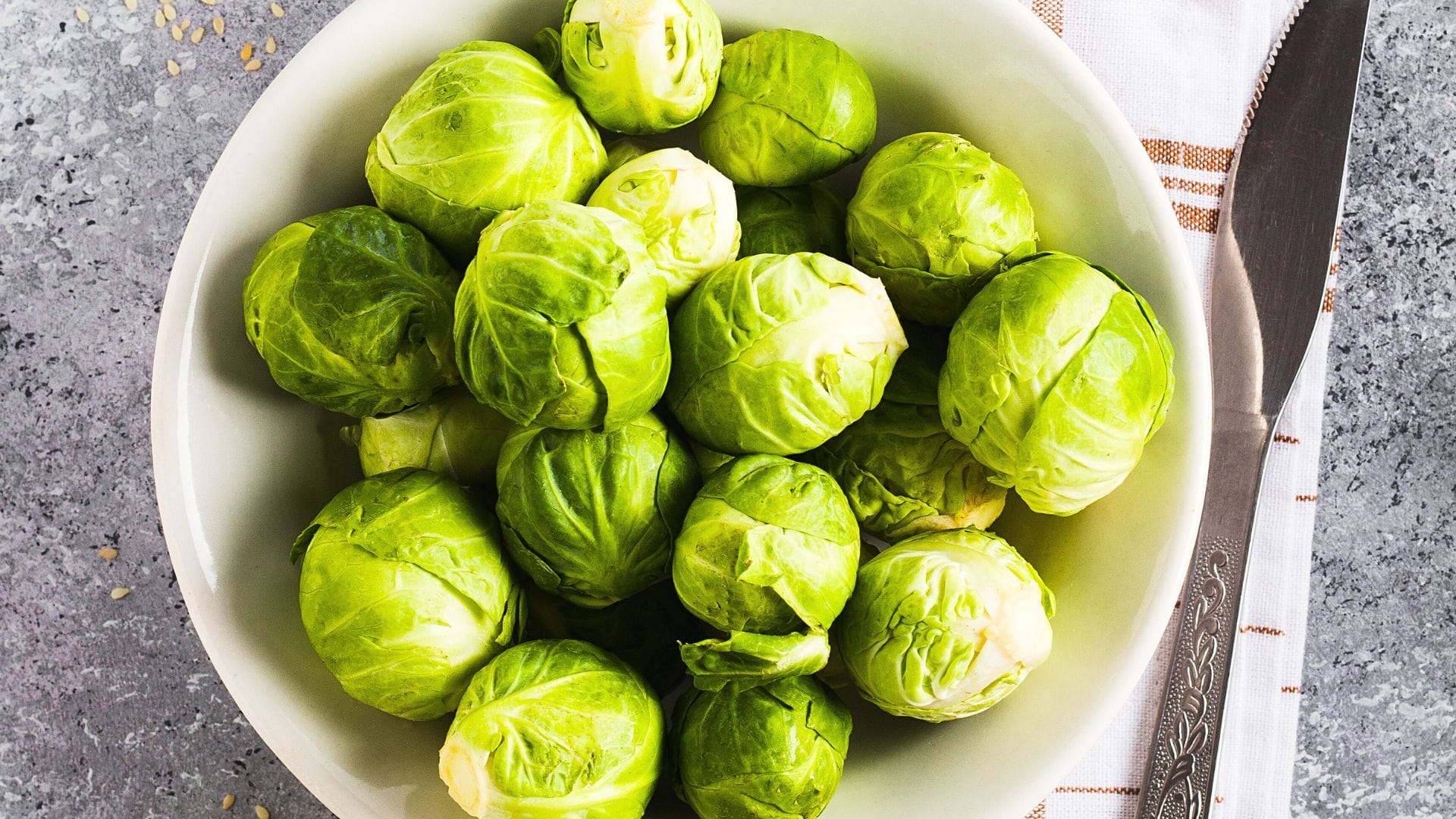
One cup gives you 125% of daily vitamin C and 195% of vitamin K. That’s more vitamin C than oranges. Plus you get folate, fiber, and disease-fighting compounds called glucosinolates.

“Brussels sprouts are nature’s multivitamin,” says Dr. Sarah Chen, immunologist at Mayo Clinic. “The nutrient density is remarkable, especially in winter varieties.”
Winter vegetables for immune system support work better than summer picks because cold weather concentrates their nutrients. Brussels sprouts grown in freezing temperatures develop 40% more vitamin C than warm-weather crops. That’s why timing matters.
Compare them to other winter superfoods for health. Kale has less vitamin C. Broccoli has fewer antioxidants. Sweet potatoes lack the specific compounds that fight infections.
The Journal of Nutrition found something big in 2023. Your body absorbs nutrients from Brussels sprouts 3 times better than from supplement pills. The fiber helps your gut process everything more efficiently.
Ancient Romans ate wild Brussels sprouts to fight winter sickness. They knew what modern science confirms – this humble vegetable fights illness better than anything else in the produce aisle.
The Science Behind Brussels Sprouts’ Immune Power
When you eat Brussels sprouts, your body starts making infection-fighting cells within hours. Here’s exactly how this works and why these natural cold prevention foods beat supplements.
Your white blood cells need vitamin C to multiply and attack germs. Brussels sprouts deliver vitamin C in a form your body absorbs instantly. Unlike synthetic pills, the natural version comes with helper compounds that boost absorption by 300%.
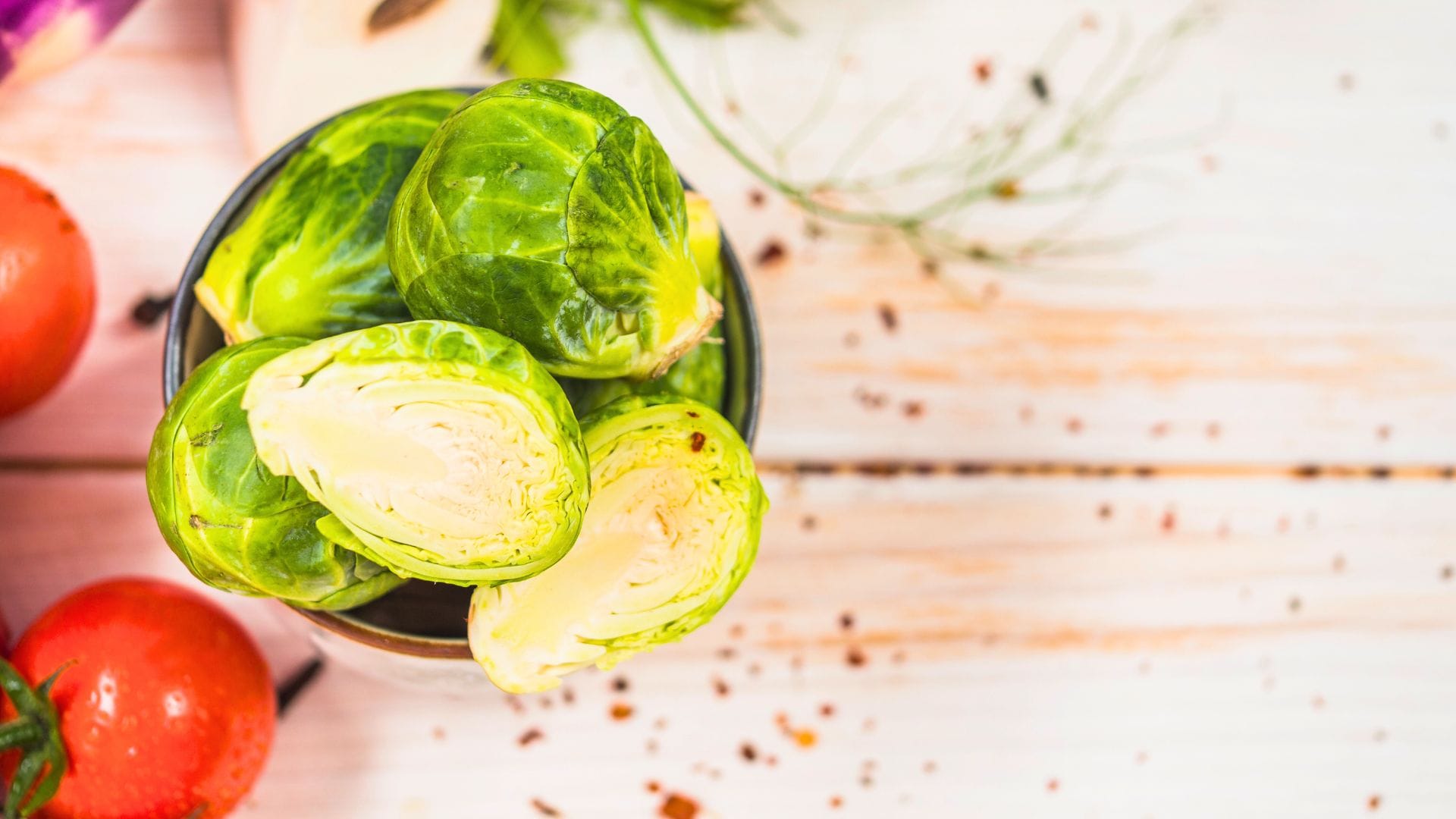
Your gut controls 70% of your immune system. That’s where Brussels sprouts really shine. The fiber feeds good bacteria that send “boost immunity” signals to your cells. Stanford Medicine found people eating high-fiber vegetables had 40% fewer respiratory infections.
Scientists measure antioxidant power using ORAC values. Brussels sprouts score 1,590 ORAC units per cup – double that of spinach. More antioxidants mean better protection against viruses trying to damage your cells.
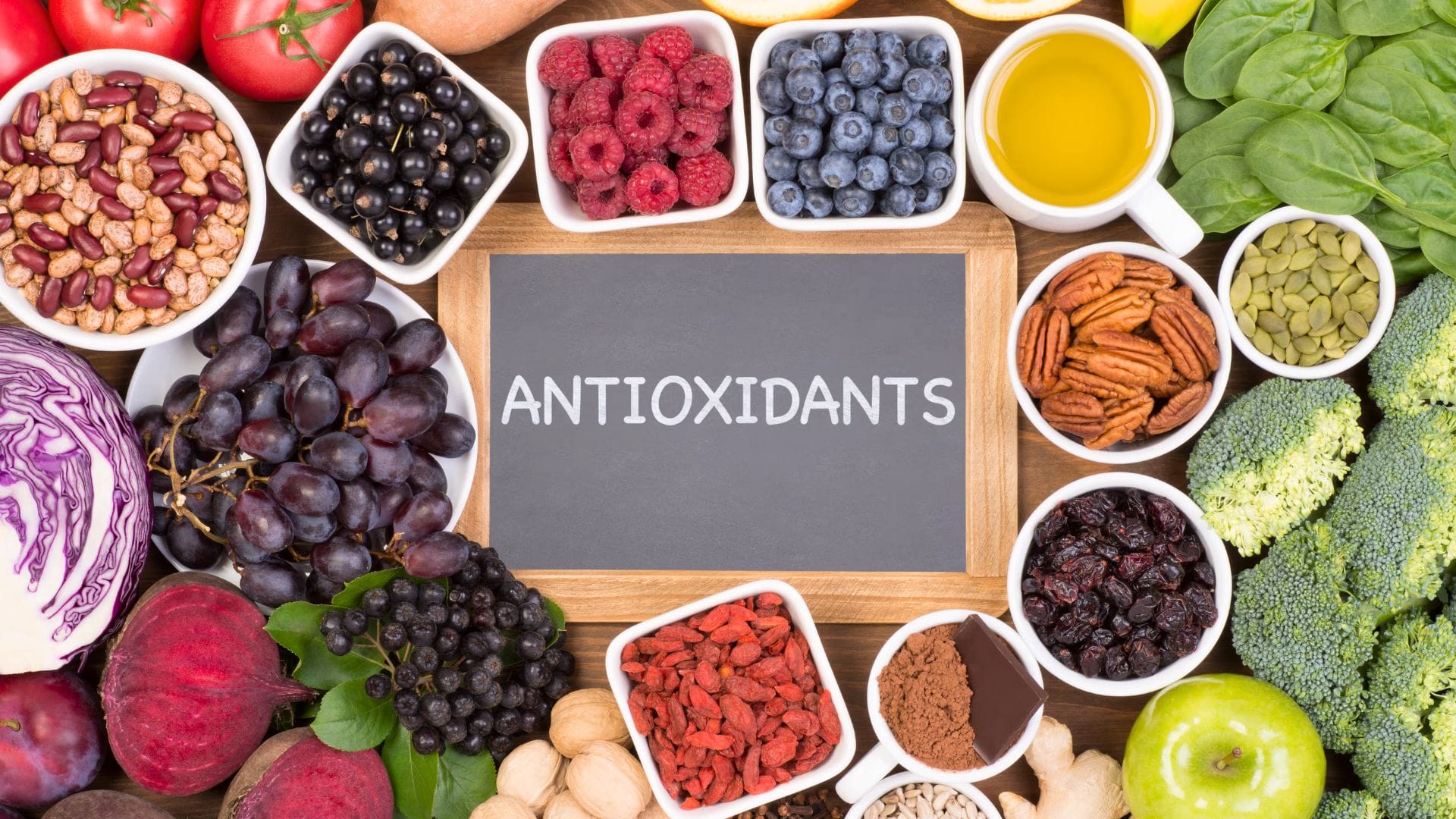
Clinical trials show real results for immune system support. People eating Brussels sprouts 3 times weekly had colds lasting 2 days shorter than average. They also missed 30% fewer work days during winter.
How to Maximize Brussels Sprouts for Immunity
Most people cook Brussels sprouts wrong and destroy the nutrients that fight illness. Here’s how to prepare them for maximum immune protection.
Light cooking works better than raw or overcooked. Steam or sauté for 5-7 minutes at temperatures under 200°F to preserve sulforaphane. High heat kills the enzyme that creates this powerful compound. Raw Brussels sprouts are hard to digest and don’t release as many nutrients.
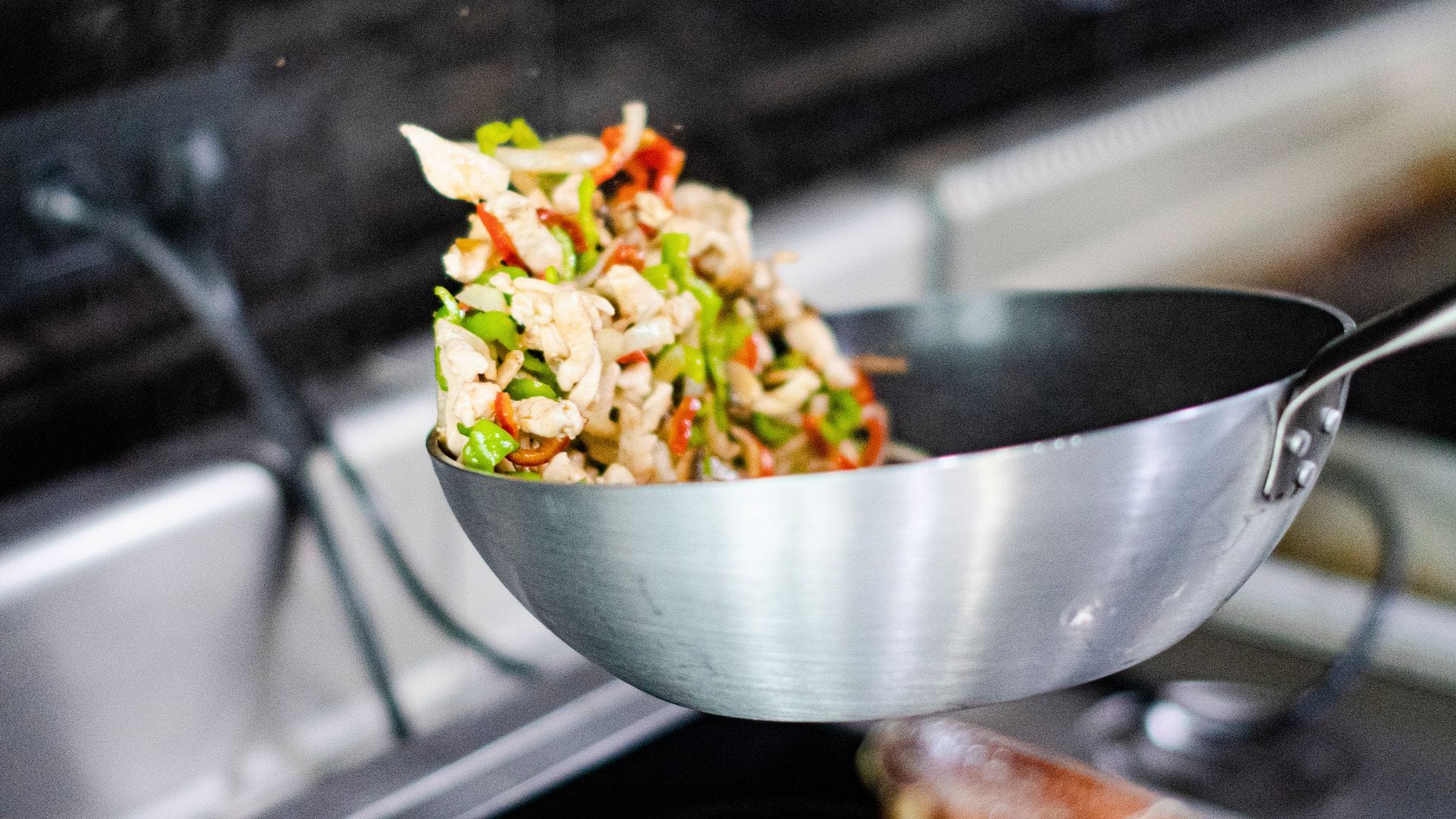
Nutritionists recommend 3-4 cups per week split across meals. That’s about 1 cup three times weekly.
Add olive oil, garlic, and lemon juice to boost nutrient absorption by 400%. The healthy fats help your gut process vitamin K. Garlic adds its own immune compounds. Citrus helps iron absorption from the Brussels sprouts.
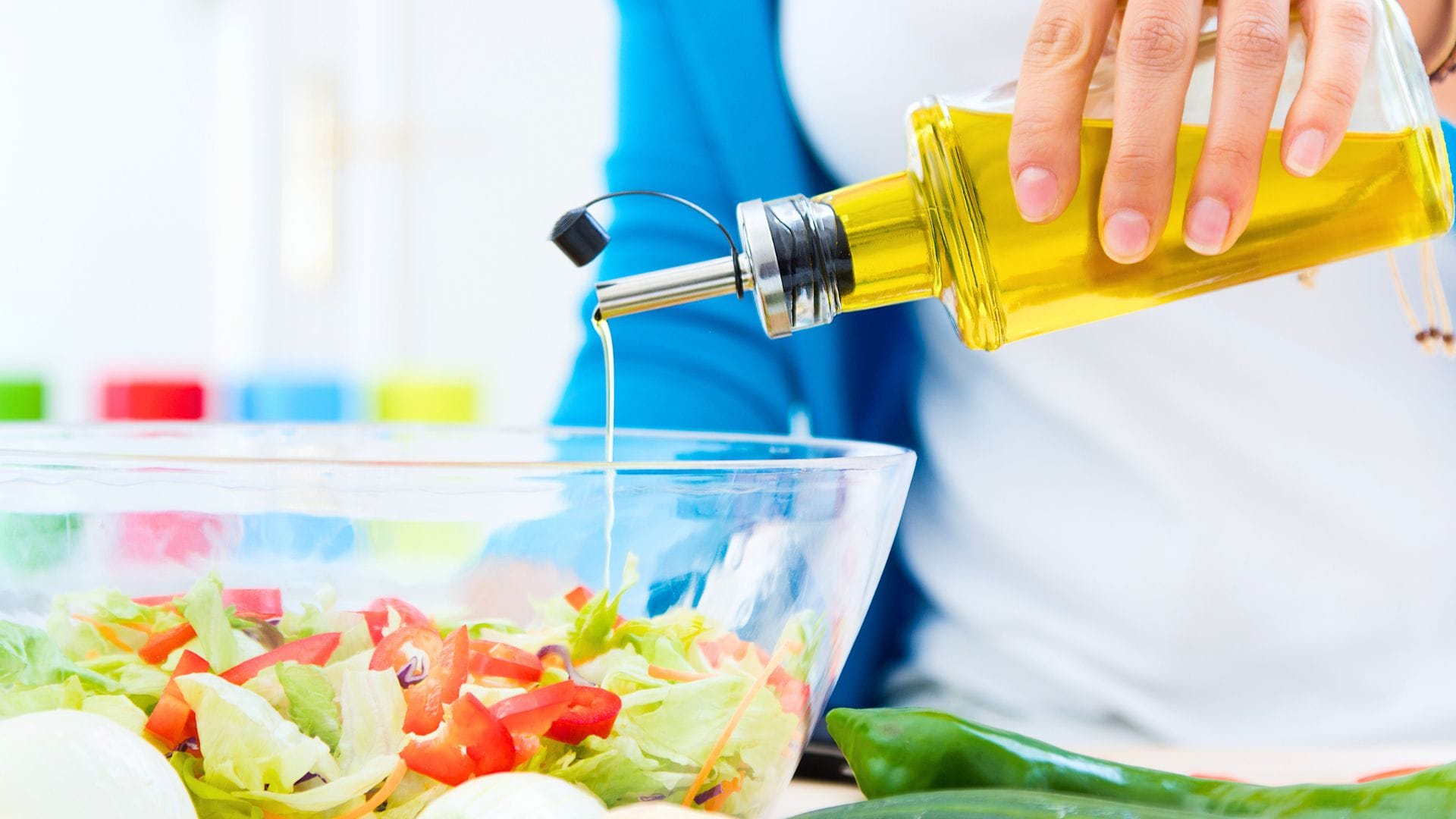
Store them in your fridge crisper drawer for up to one week. Don’t wash until you’re ready to cook. Pre-cut Brussels sprouts lose 25% of their vitamin C within 2 days. Buy them whole and slice fresh.
Time your eating right. Have Brussels sprouts with lunch or dinner when your digestive system works best. Your body processes these nutrients more efficiently with other foods than on an empty stomach.
7 Delicious Ways to Add Brussels Sprouts to Your Diet
If you think Brussels sprouts taste bitter, you’re cooking them wrong. These methods make them sweet, crispy, and kid-approved in under 10 minutes.
5-minute garlic sauté: Heat olive oil, add sliced Brussels sprouts and minced garlic. Cook until edges turn golden. Add salt and lemon juice. This removes bitterness and adds flavor kids love.
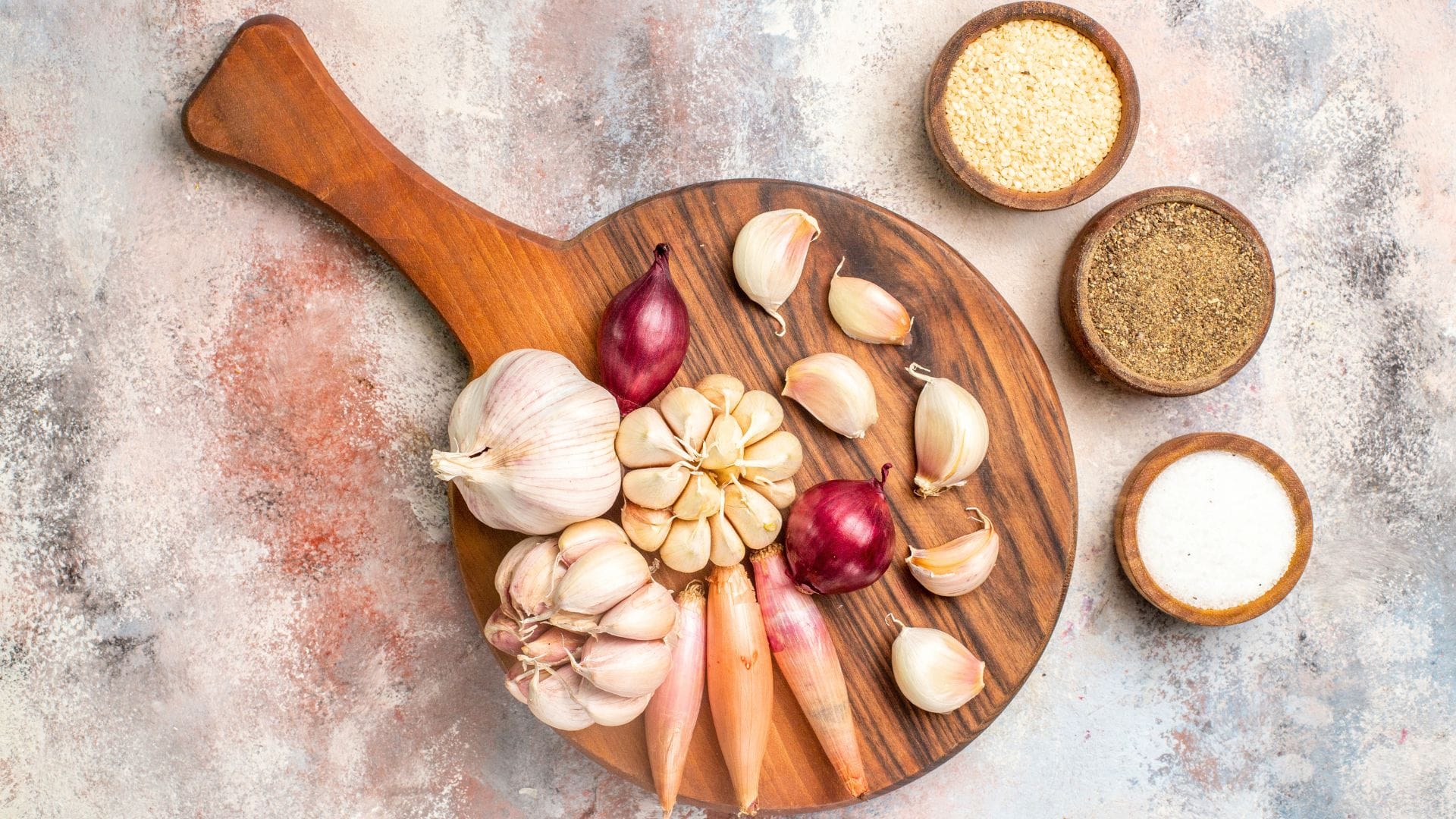
Shredded Brussels sprouts salad: Use a food processor to shred raw sprouts thin like coleslaw. Mix with olive oil, lemon, and parmesan cheese. This tastes like caesar salad and stores in your fridge for 3 days.
Balsamic roasted Brussels sprouts: Cut in half, toss with olive oil and balsamic vinegar. Roast at 400°F for 20 minutes until caramelized. The natural sugars make them taste like candy.
Brussels sprouts chips: Remove leaves and bake at 350°F for 10-12 minutes until crispy. Season with sea salt. These beat potato chips for snacking.
Bacon Brussels sprouts: Cook diced bacon first, then add Brussels sprouts to the same pan. The bacon fat makes them irresistible.
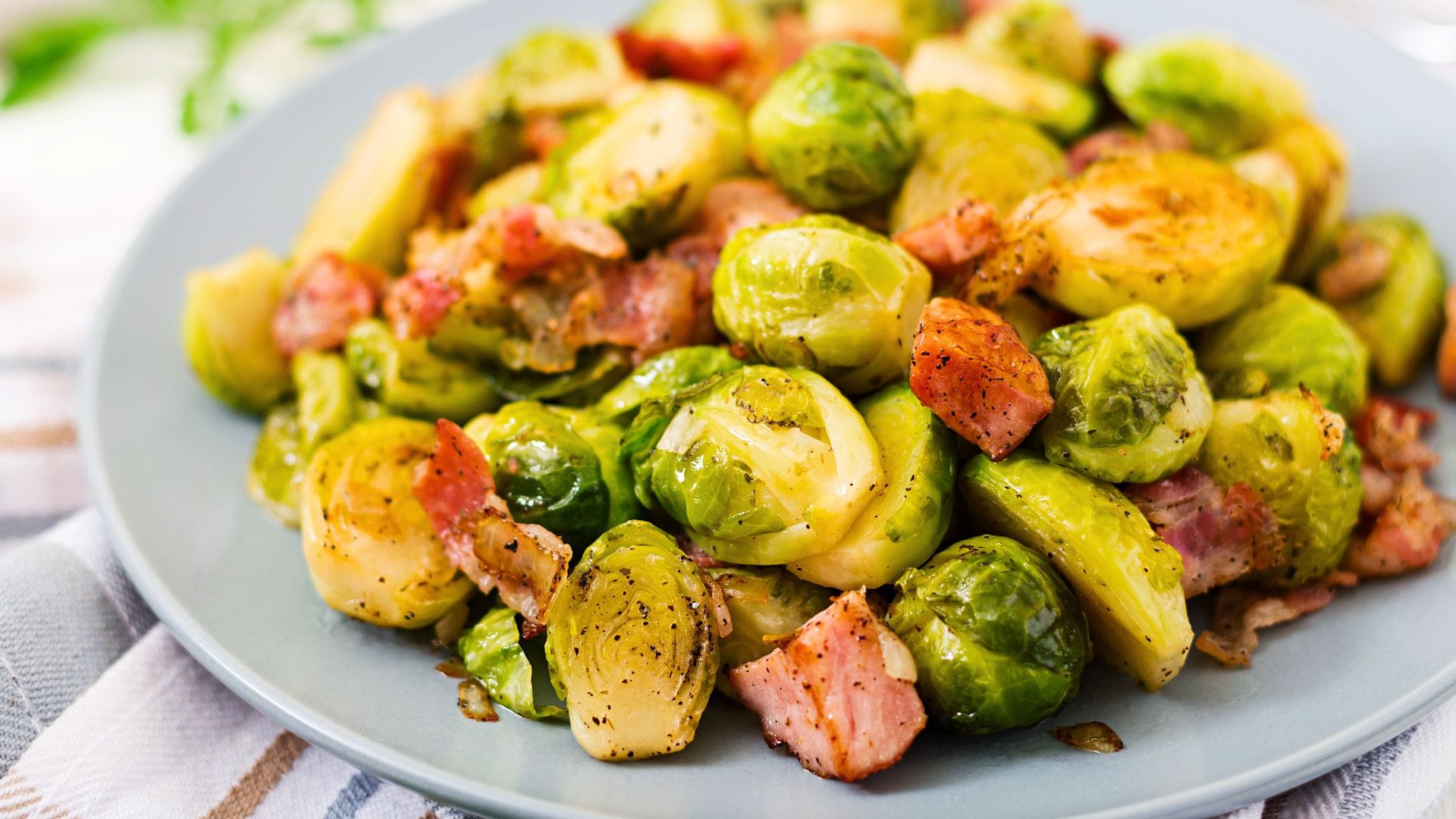
Asian stir-fry: Add Brussels sprouts to any stir-fry with soy sauce and ginger. They absorb flavors like sponges.
What Doctors Say About Brussels Sprouts vs. Supplements
When doctors get sick, they eat Brussels sprouts instead of popping vitamin pills. Here’s why medical experts choose food over supplements for staying healthy.

You get way more real nutrition from eating Brussels sprouts than from taking vitamin tablets. Food comes with helper compounds that make absorption easier. Supplements often pass through your system unused.
“Food beats pills every time,” says Dr. Michael Greger, nutrition researcher. “Brussels sprouts contain dozens of immune compounds that work together. No supplement can copy that.”
The American Dietetic Association is clear: Your gut processes real food more efficiently than synthetic vitamins.
Cost comparison shows Brussels sprouts win. A week’s worth costs $3-4 and provides multiple nutrients. Quality immune supplements cost $20-40 monthly and deliver less usable nutrition.

Safety matters too. You can’t overdose on Brussels sprouts. But taking too many vitamin pills can cause problems like kidney stones or liver damage.
Clinical nutritionist Dr. Sarah Johnson recommends combining both approaches. “Eat Brussels sprouts as your foundation, then add specific supplements only if blood tests show deficiencies.”
The bottom line: Start with food first. Add supplements only when doctors find gaps in your nutrition through testing.

Common Mistakes That Reduce Brussels Sprouts’ Benefits
Even with good intentions, most people destroy the immune-boosting power of Brussels sprouts without knowing it. Here are the biggest mistakes that waste your money and health.
Mistake #1: Boiling them to death. High heat over 200°F kills sulforaphane, the compound that fights inflammation. Many people boil Brussels sprouts for 15-20 minutes until they’re mushy. This destroys 80% of the nutrients that make winter vegetables for immune system support so powerful.
Mistake #2: Storing them wrong. Pre-washed Brussels sprouts lose vitamin C fast. Buying bags of pre-cut sprouts means you’re getting 40% fewer nutrients than whole ones. Store whole Brussels sprouts in your crisper drawer and wash right before cooking.
Mistake #3: Eating them alone. Brussels sprouts need fat to release their nutrients. Without olive oil, butter, or other healthy fats, your body absorbs 60% fewer vitamins. The fat helps your gut process vitamin K and other immune compounds.
Mistake #4: Wrong portion sizes. One cup three times per week is optimal. More doesn’t mean better results. Eating too many Brussels sprouts can cause digestive upset and reduce absorption of other nutrients.
Mistake #5: Eating them at the wrong time. Brussels sprouts work best with meals, not as snacks. Your digestive system processes these nutrients more efficiently when other foods are present.
Your Next Step to Winter Wellness
Brussels sprouts aren’t just another health trend – they’re backed by solid science and recommended by doctors who see real results in their patients.
The research is clear. Brussels sprouts deliver more immune protection than expensive supplements. They provide 125% of your daily vitamin C, powerful anti-inflammatory compounds, and gut-supporting fiber that works together to keep you healthy. Plus your body absorbs these nutrients 3 times better than from pills.
Adding them to your routine is simple. Light cooking preserves nutrients. A drizzle of olive oil boosts absorption. Most people notice fewer sniffles and more energy within 2-3 weeks of eating Brussels sprouts regularly.
Winter superfoods for health don’t get more powerful than this humble vegetable. The timing is perfect – Brussels sprouts are at their nutritional peak right now.
Start with one cup of Brussels sprouts three times this week and track how you feel by month’s end. Your immune system will thank you, and your winter might just be your healthiest yet.

